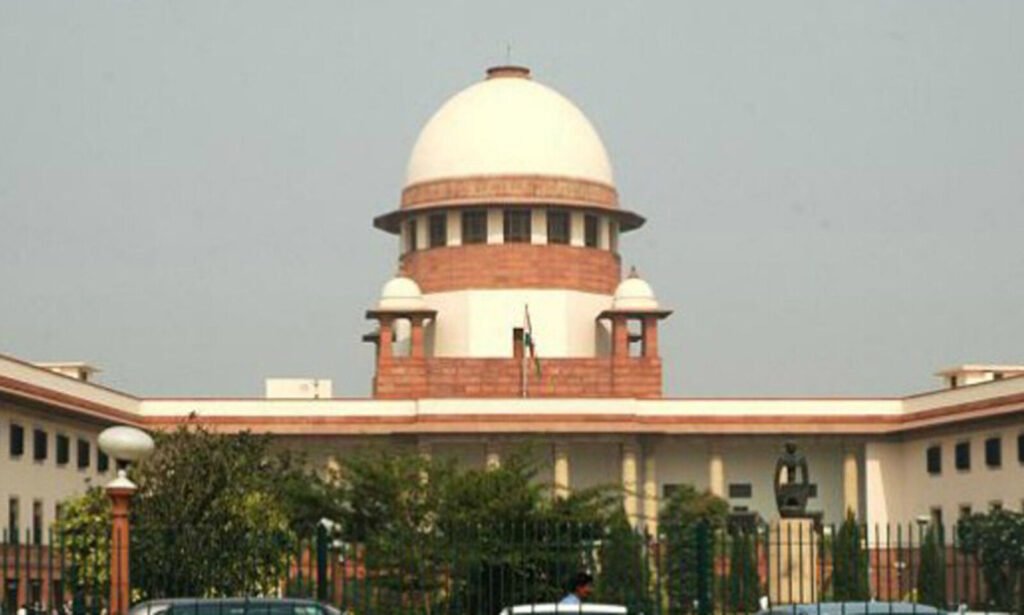
The Enforcement Directorate (ED) has informed the Supreme Court of its intention to consider making the Aam Aadmi Party (AAP) an accused in the ongoing Delhi excise case. The ED is contemplating invoking Section 70 of the Prevention of Money Laundering Act (PMLA) to probe the AAP additionally for being vicariously liable in the case. This development follows concerns raised during the bail petitions filed by former Delhi deputy chief minister Manish Sisodia, who was arrested in connection with the same case.
The bench of justices Sanjiv Khanna and SVN Bhatti raised questions about the involvement of the AAP after a chart presented by the ED indicated the political party as one of the beneficiaries in the alleged scam. However, the court clarified that its intention was not to implicate the AAP and that its inquiries aimed to obtain answers. The court sought clarification on whether the charge against the political party would be for the same offense as against Sisodia and others, or if it would involve a different charge, both under the CBI and ED cases.
Sisodia is facing investigations by both the ED and the Central Bureau of Investigation (CBI). In the CBI case, he is accused of introducing changes to the Delhi government’s excise policy to benefit specific liquor traders. The ED and CBI referred to these traders as the ‘South Group’. It is alleged that Sisodia, along with AAP’s media in-charge Vijay Nair, played a significant role in increasing the profit margin available under the excise policy from 5% to 12%.
The court asked the ED to provide a considered statement regarding the involvement of the AAP in the case. Arguments on Sisodia’s bail plea are expected to conclude soon. The former deputy CM sought bail after the Delhi High Court denied him bail in both the CBI and ED cases. Sisodia approached the Supreme Court against these decisions.
The case has gained significant attention, with both the CBI and the ED asserting that changes in the excise policy led to the generation of proceeds of crime. Sisodia’s legal team argued that these statements are often made with the intention of generating headlines. The court will consider the arguments presented by the ED and CBI regarding the evidence supporting allegations of changes made to benefit specific liquor traders. The bench also raised concerns about potential cartelization in the Delhi liquor trade due to the restriction of licenses to two wholesalers.
The Supreme Court is expected to make a decision on Sisodia’s bail plea after these proceedings. The court’s decision will have significant implications for the ongoing investigations and legal proceedings related to the Delhi excise case.
Sources By Agencies

